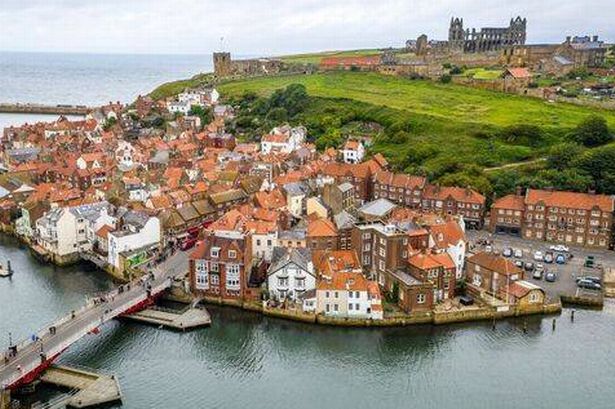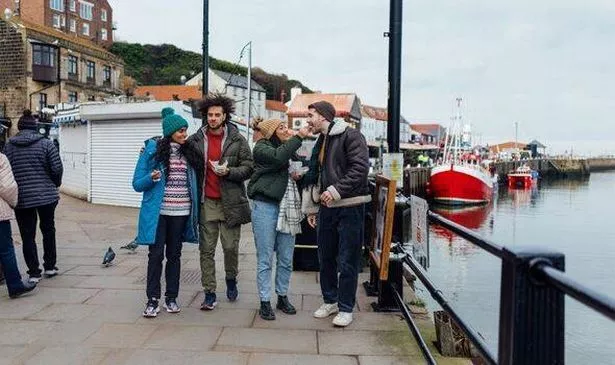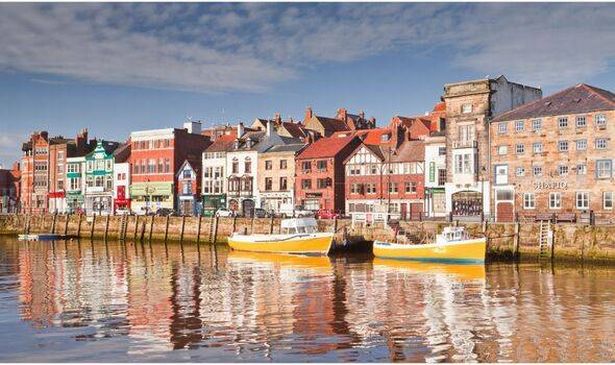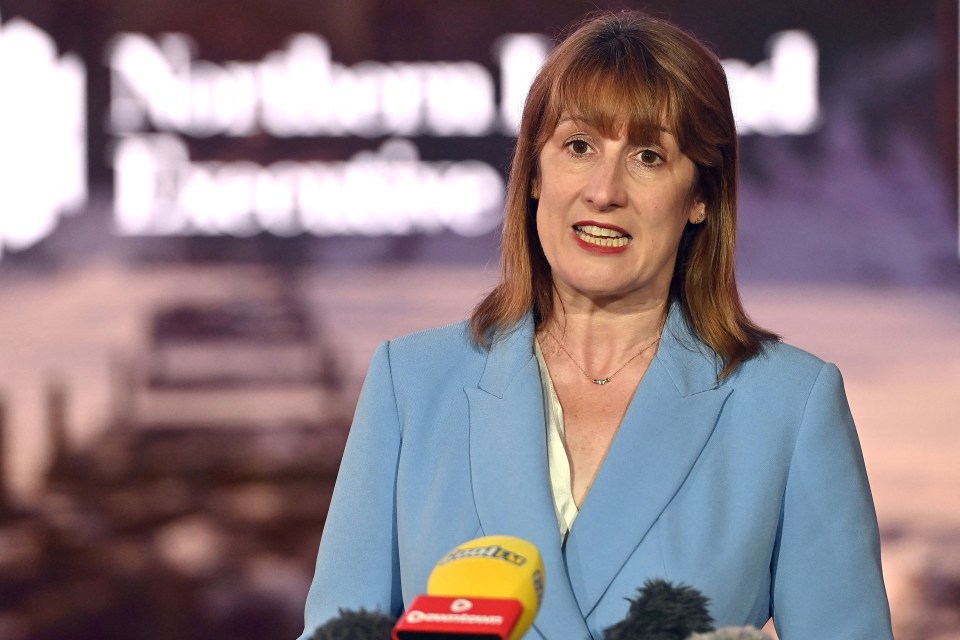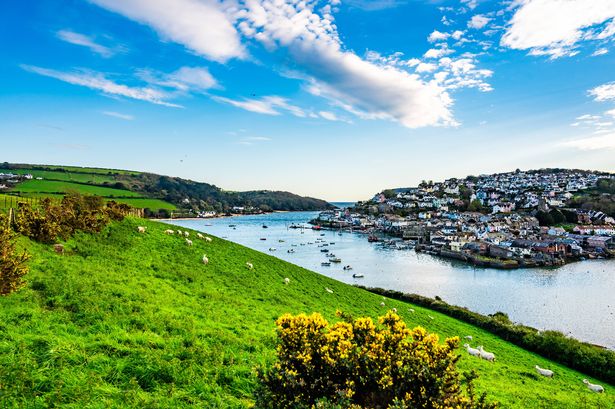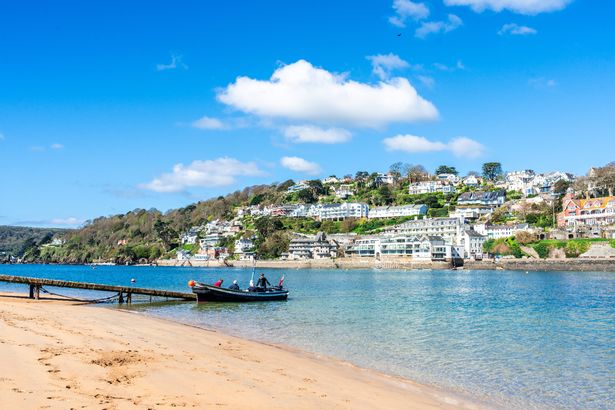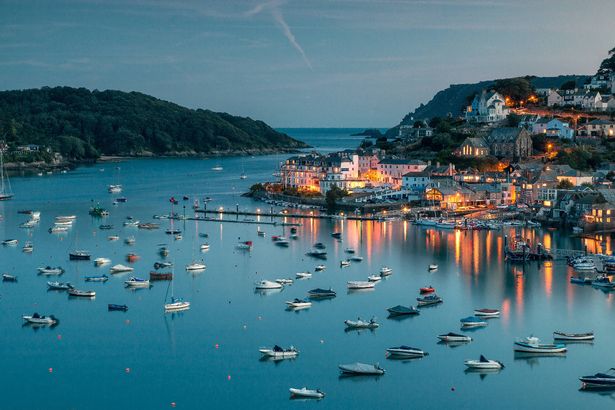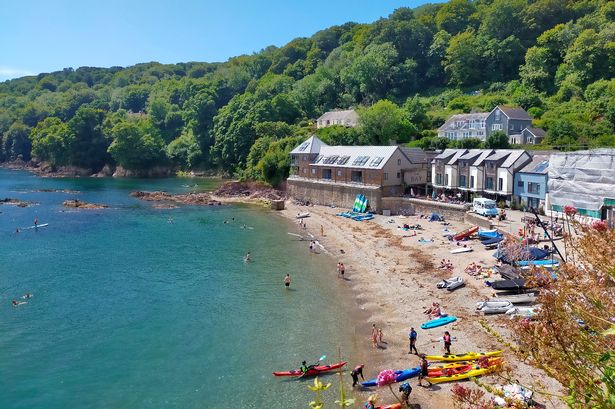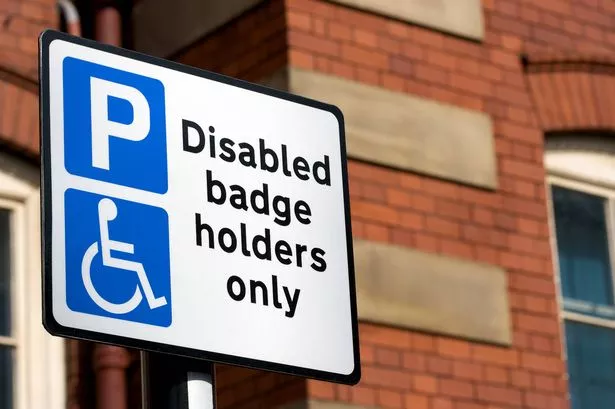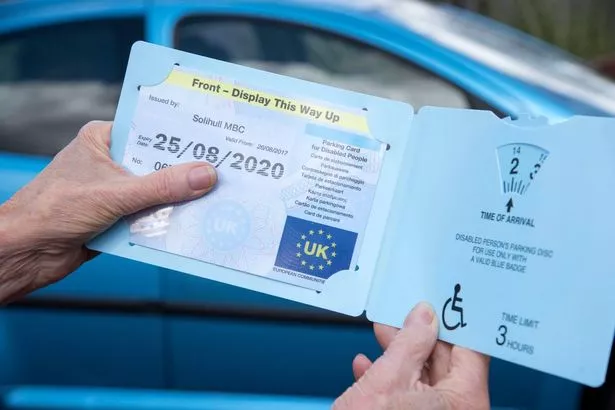Jodie Marlow, who moved to Murcia in Spain four years ago along with her partner and their two children, has shared how much she pays for her household bills every month
As autumn arrives and the weather becomes colder, more Brits will start fretting about the colder weather and how it will affect their energy bills.
It’s typical for energy bills to rise as we consume more gas and electricity to heat our homes. This has led some people to consider relocating to escape the high costs. Currently, there are already 403,925 UK nationals registered as residents in Spain, according to Statista. While many of them relocated there to chase the sun, others may have moved to enjoy lower living costs. This was the case for one mum, Jodie Marlow, who relocated to Murcia in Spain four years ago with her partner and their two children.
While the sunshine and new lifestyle have been a lovely for them all, Jodie also revealed that they no longer stress over their energy bills. In a revealing TikTok video, Jodie shared how much she pays for her household bills each month, as she said it’s cheaper than the UK.
Firstly, the family doesn’t have to worry about rent or mortgage payments as they own their property outright. Even better, houses on their street have doubled in value since they bought their home a few years ago.
Moving on to electricity, Jodie said switching to a cheaper provider has been transformative. The previous month, they’d paid just €37 (£32).
But since they’d recently begun running their air conditioning through the night, the bill had climbed to €55 (£48), which she insisted was ‘nothing’ given her two lads had kept their air con running every single night whilst they slept.
Regarding water, the household spends roughly €99 (£86.41) in three month instalments. This works out at €33 (£28.80) per month.
“Our house actually runs off of a gas bottle,” Jodie explained. “I thought it was really weird at first, but actually it’s pretty normal in Spain. And a gas bottle costs around €16 (£13.97).”
These bottles last ages, particularly during warmer weather as they’re not having as many hot showers. Then, rather than using the gas hob, Jodie said she often cooks on the barbecue that has a hob. She also uses an air fryer, which saves her gas too.
Jodie added: “So that gas bottle honestly could last us three months.”
For the equivalent of council tax, Jodie puts aside €250 (218.24) per year, which is around €21 (£18.33) a month. She continued: “So again, not a lot. I know some people who pay that literally a month what I pay a year.”
Wi-Fi costs €24.99 (£21.81) per month, whilst sim cards are €12.99 (£11.34). Then for home insurance, they are covered for €250 (£218.24) per year. This works out as approximately €22 (£19.21) per month.
People were stunned to discover how much cheaper things were in Spain and took to the comments section to share their thoughts.
One viewer was gobsmacked by the electricity bill, commenting: “60 Euros a month! We spent £40 per week for a 4 bed house in England.”
However, other Brits living in Spain chimed in to reveal their bills were even steeper than what Jodie had shared.
Another viewer shared : “I live in Malaga, my electric is around €180 a month, water for the last three months was €1260 and we use gas bottles €200 for three, so not cheaper than the UK.”
In response, Jodie said: “I guess depends where in the uk the same as where in Spain as Malaga is more than where I live. It’s all relative.”


